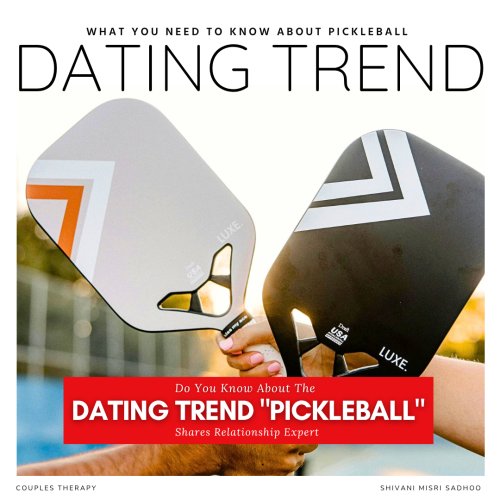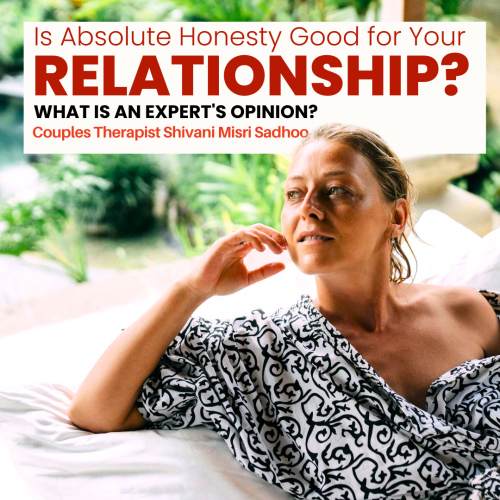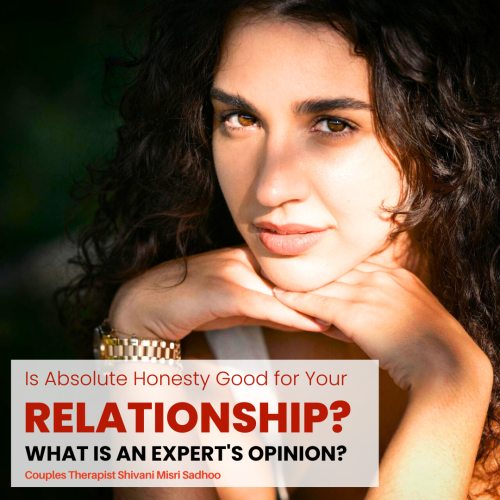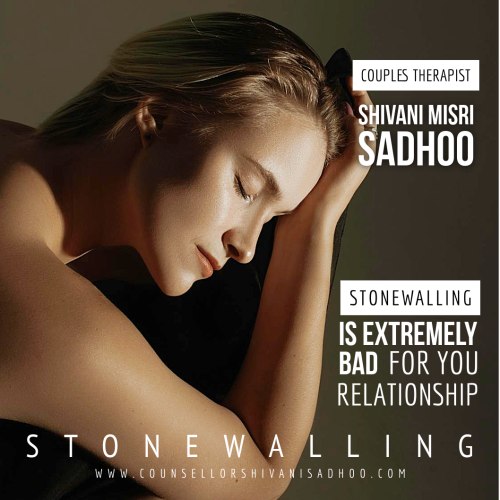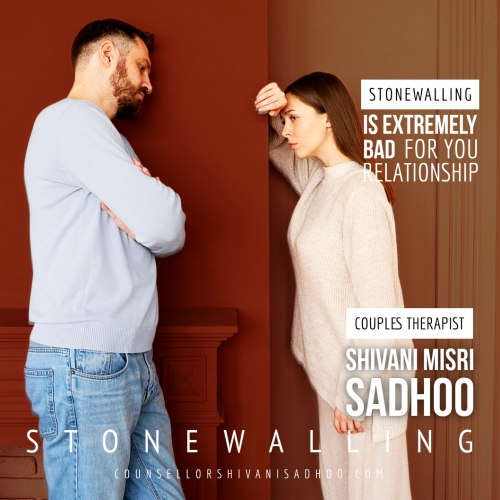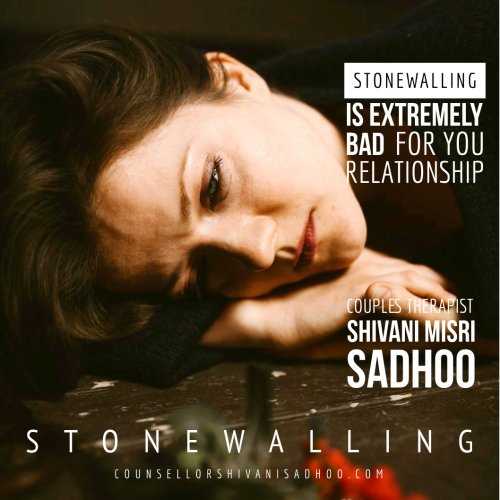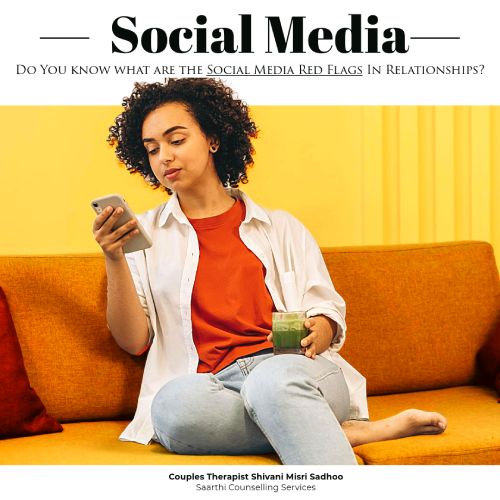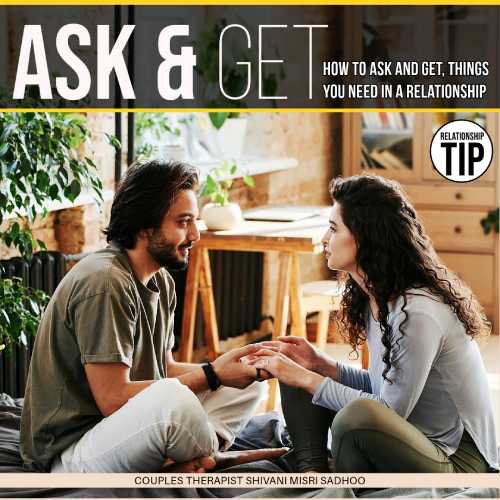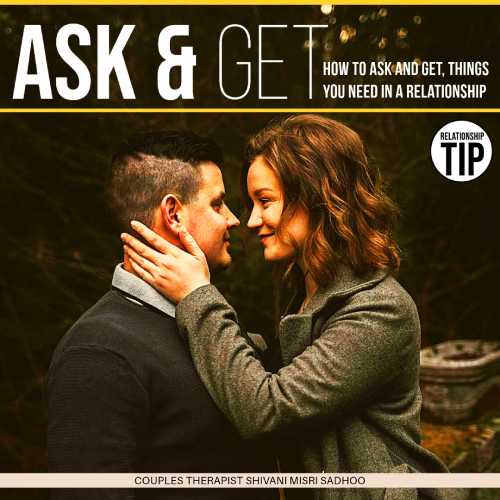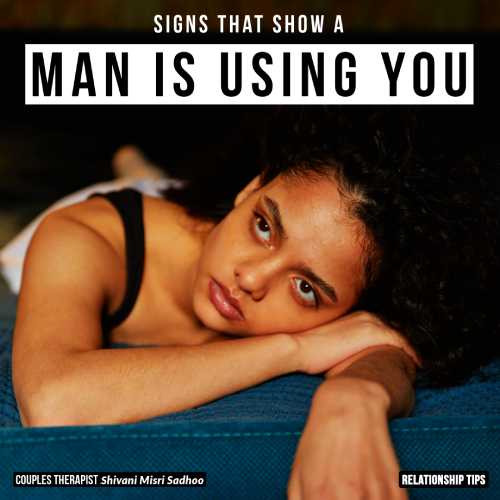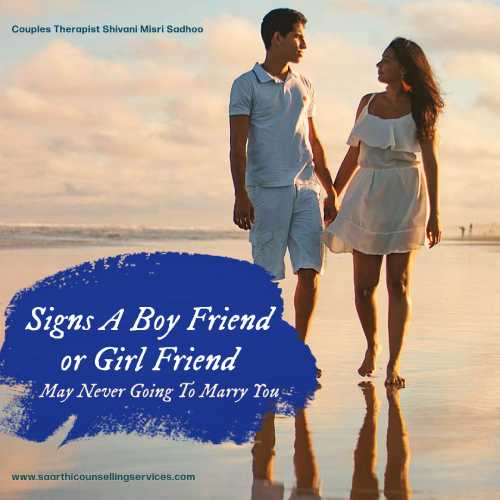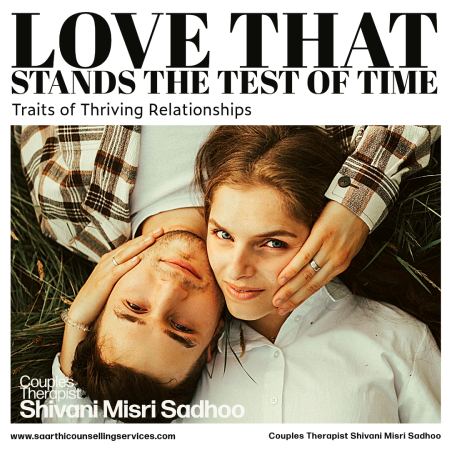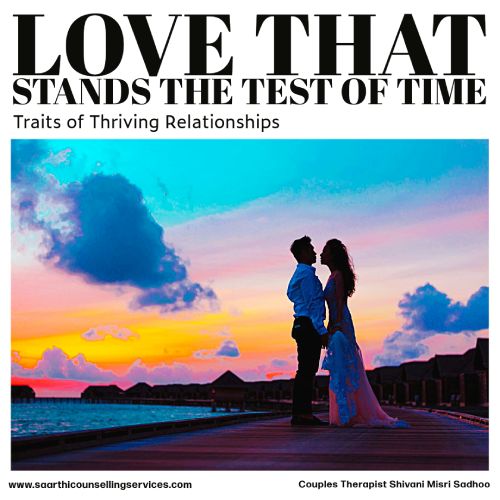In recent years, a new kind of social and romantic trend has been quietly taking over parks, gyms, and recreational centres — Pickleball Dating. What started as a fun, friendly sport for all ages has now evolved into an unexpected matchmaking hotspot. From singles meetups on the court to dating apps adding “Pickleball” as an interest filter, this sporty new way to connect is becoming a favourite among people looking for love — or at least some lively competition, says leading couples therapist and relationship counsellor Shivani Misri Sadhoo.
What Is Pickleball Dating?
Pickleball dating combines the sport of pickleball with the social experience of meeting potential partners. It’s not just about scoring points; it’s about finding chemistry — both on and off the court.
Pickleball itself is a paddle sport that blends elements of tennis, badminton, and ping pong. It’s easy to learn, fun to play, and perfect for group or doubles matches — which makes it naturally social. Because of its friendly pace and interactive setup, it encourages conversation, teamwork, and laughter — all key ingredients for forming connections.
In pickleball dating events, singles are paired up in matches or rotated across different partners, allowing them to meet multiple people in a relaxed, non-pressured setting. Think of it as “speed dating meets recreational sport” — where compatibility is tested through playful rallies instead of awkward small talk.
Why Is Pickleball Dating Trending?
There are several reasons why pickleball dating has become one of the most talked-about modern dating trends:
1. It’s Active and Fun
People today are looking for experiences that go beyond sitting in a café or swiping endlessly on dating apps. Pickleball offers a refreshing change — it gets people moving, laughing, and enjoying the moment. The shared physical activity makes it easier to break the ice and show your authentic self.
2. It’s Social and Inclusive
Pickleball is known for being one of the most inclusive sports — suitable for all ages and fitness levels. That makes it ideal for singles in their 20s, 40s, or even 60s. Unlike some sports that can feel competitive or intimidating, pickleball is lighthearted and community-driven, creating the perfect atmosphere for socializing and forming connections.
3. Post-Pandemic Shift Toward Real Connections
After years of online-only interactions, people are craving genuine, face-to-face connections. Pickleball dating events provide that — a way to meet others in person, bond through shared activity, and avoid the digital fatigue that comes with dating apps.
4. Shared Interests Build Stronger Bonds
When you meet someone who enjoys the same hobby, the connection feels natural. Pickleball dating gives singles a common ground — literally and figuratively — from the very first serve. It’s an instant icebreaker that fosters teamwork, communication, and friendly competition.
5. Celebrities and Media Influence
Pickleball’s popularity has skyrocketed thanks to celebrity endorsements and media coverage. Famous figures like Leonardo DiCaprio, Ellen DeGeneres, and the Kardashians have been spotted playing, bringing the sport — and its dating potential — into the mainstream.
The Bigger Picture: Why Pickleball Dating Works
Beyond being a trend, pickleball dating reflects a broader shift in how people approach relationships. Modern singles are prioritizing shared experiences, health, and emotional compatibility over superficial dating norms. Playing pickleball together reveals personality traits — teamwork, patience, humor — that can’t be seen through a screen.
It also reduces the awkwardness that comes with traditional dating. The focus on fun and movement makes it easier to let your guard down. Even if you don’t find romance, you walk away with new friends and a good workout — a win-win situation.
Pickleball dating is more than a passing fad — it’s a sign of how people are redefining connection in today’s world. It’s about mixing sport, laughter, and a little bit of flirtation in a space where everyone feels welcome.
Whether you’re new to the dating scene or just looking for a fresh way to meet people, picking up a paddle might be your next best move. After all, love — like pickleball — is about finding the right rhythm, playing fair, and enjoying the game together.



